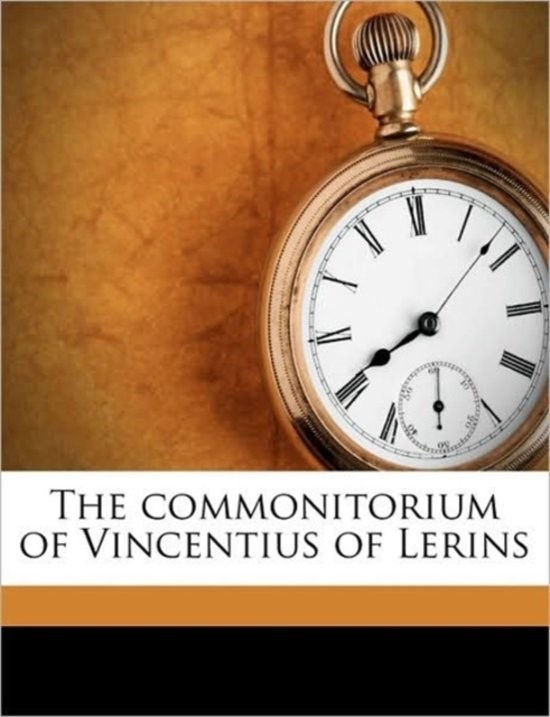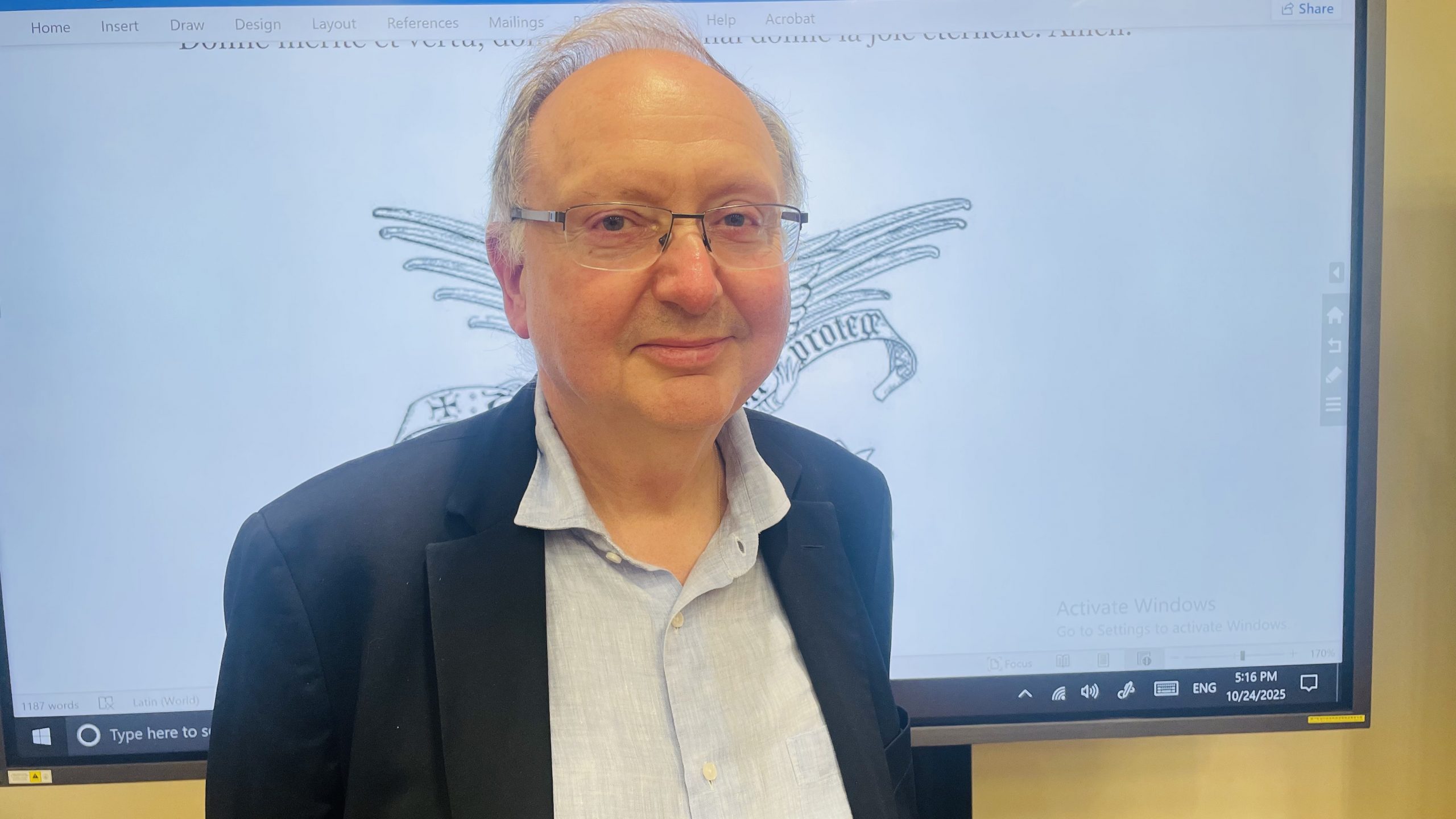– Anastasios
I am quite sure that many, outside of theological circles, are not familiar with the name of Vincent, a priest and monk in the monastery of Lérins who lived in the 5th century. It’s a pity, because the influence that he had on Christian thought has not yet vanished. Vincent was the author of Commonitorium (Commonitory, written in 434), a sort of handbook of orthodox Christian teachings.
A scholar thus described the importance of this book: “The two chief ideas which have principally attracted attention in the whole book are those which concern faithfulness to Tradition (iii and xxix) and the progress of Catholic doctrine (xxiii). The first one, called very often the canon of Vincent of Lérins, which Newman considered as more fit to determine what is Catholic doctrine from what is not, has been frequently involved in controversies. According to its author, this principle ought to decide the value of a new point of doctrine prior to the judgment of the Church. Vincent proposes it as a means of testing a novelty arising anywhere in a point of doctrine. This canon has been variously interpreted; some writers think that its true meaning is not that which answered Vincent’s purpose, when making use of it against Augustine’s ideas. It is hardly deniable that despite the lucidity of its formula, the explanation of the principle and its application to historical facts are not always easy; even theologians such as de San and Franzelin, who are generally in agreement in their views, are here at variance. Vincent clearly shows that his principle is to be understood in a relative and disjunctive sense, and not absolutely and by uniting the three criteria in one: ubique, semper, ab omnibus; antiquity is not to be understood in a relative meaning, but in the sense of a relative consensus of antiquity. When he speaks of the beliefs generally admitted, it is more difficult to settle whether he means beliefs explicitly or implicitly admitted; in the latter case the canon is true and applicable in both senses, affirmative (what is Catholic), and negative or exclusive (what is not Catholic); in the former, the canon is true and applicable in its affirmative bearing; but may it be said to be so in its negative or exclusive bearing, without placing Vincent completely at variance with all he says on the progress of revealed doctrine?” (Ghellinck, J. (1912). St. Vincent of Lérins. In The Catholic Encyclopedia. New York: Robert Appleton Company: http://www.newadvent.org/cathen/15439b.htm). Even considering some reservations coming from this scholar, there is no doubt that Vincent’s teachings are an effective boundary against heresy.
The canon referred in the previous text is this one: “Now in the Catholic Church itself we take the greatest care to hold that which has been believed everywhere, always and by all. That is truly and properly ‘Catholic,’ as is shown by the very force and meaning of the word, which comprehends everything almost universally. We shall hold to this rule if we follow universality [i.e. oecumenicity], antiquity, and consent. We shall follow universality if we acknowledge that one Faith to be true which the whole Church throughout the world confesses; antiquity if we in no wise depart from those interpretations which it is clear that our ancestors and fathers proclaimed; consent, if in antiquity itself we keep following the definitions and opinions of all, or certainly nearly all, bishops and doctors alike.” That is a classical statement of theology. This idea of ‘universality,’ that indeed is deeply catholic, does not mean, of course, to support ideas that please everyone, but to adhere to what is so evident that what believed by everyone as self supporting. That was also the idea that was behind Saint Pius X’s Motu Proprio of 1903, when talking about sacred music; ‘universality’ was one of the three qualities required for sacred music that is worthy of this name.
In another canon of Saint Vincent we read: “What then will the Catholic Christian do, if a small part of the Church has cut itself off from the communion of the universal Faith? The answer is sure. He will prefer the healthiness of the whole body to the morbid and corrupt limb. But what if some novel contagion try to infect the whole Church, and not merely a tiny part of it? Then he will take care to cleave to antiquity, which cannot now be led astray by any deceit of novelty. What if in antiquity itself two or three men, or it may be a city, or even a whole province be detected in error? Then he will take the greatest care to prefer the decrees of the ancient General Councils, if there are such, to the irresponsible ignorance of a few men. But what if some error arises regarding which nothing of this sort is to be found? Then he must do his best to compare the opinions of the Fathers and inquire their meaning, provided always that, though they belonged to diverse times and places, they yet continued in the faith and communion of the one Catholic Church; and let them be teachers approved and outstanding. And whatever he shall find to have been held, approved and taught, not by one or two only but by all equally and with one consent, openly, frequently, and persistently, let him take this as to be held by him without the slightest hesitation.” It is very important this passage, thinking at the great difficulties we are living in the Church: what happen if an infection will take the whole Church and not only a tiny part of it? So we should stick to tradition.
The lesson of Saint Vincent should never be forgotten, especially when we are given to live, as the Chinese say, in interesting times.
(May 24th is the feast of St Vincent of Lérins._


 Follow
Follow


